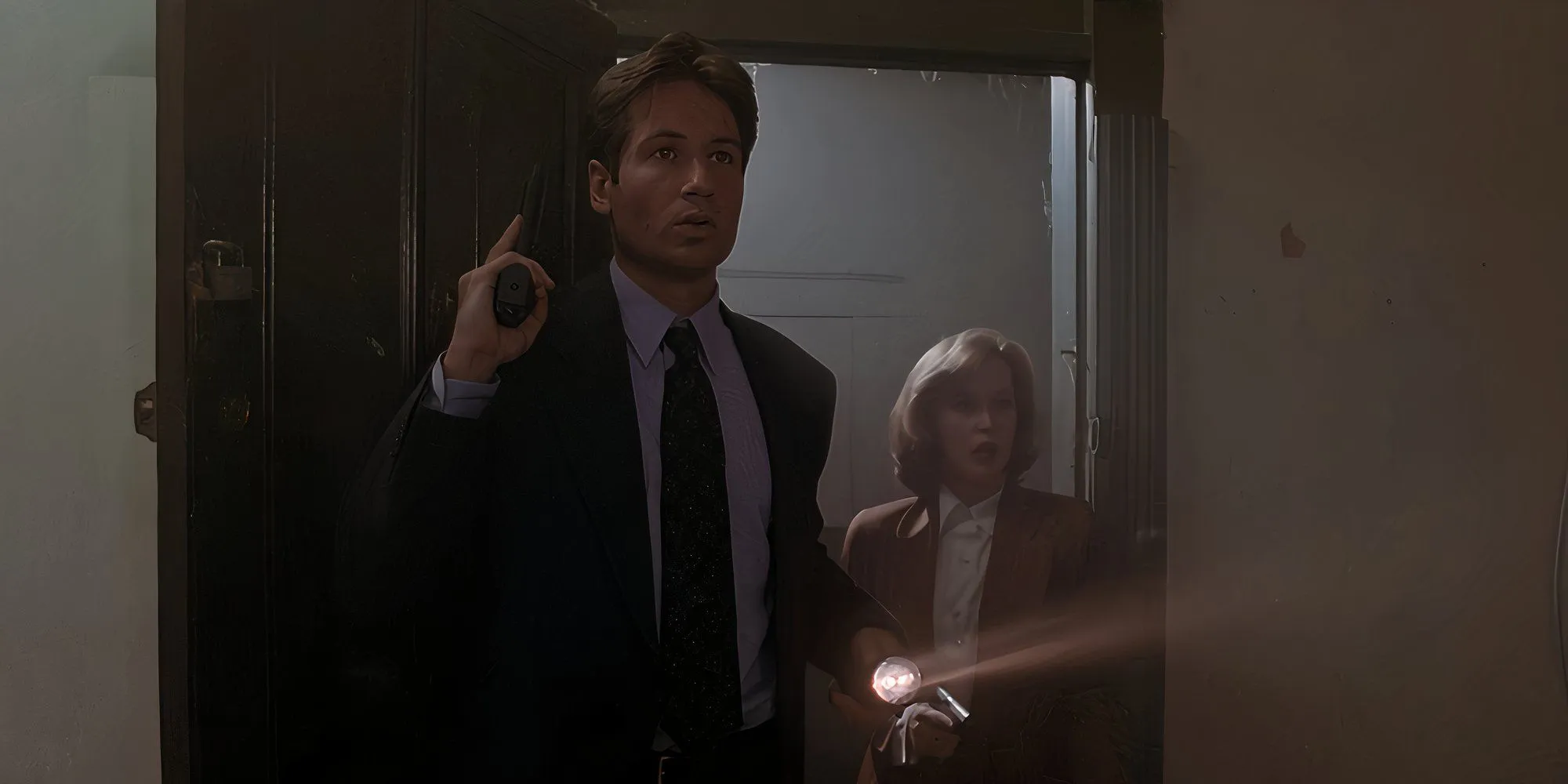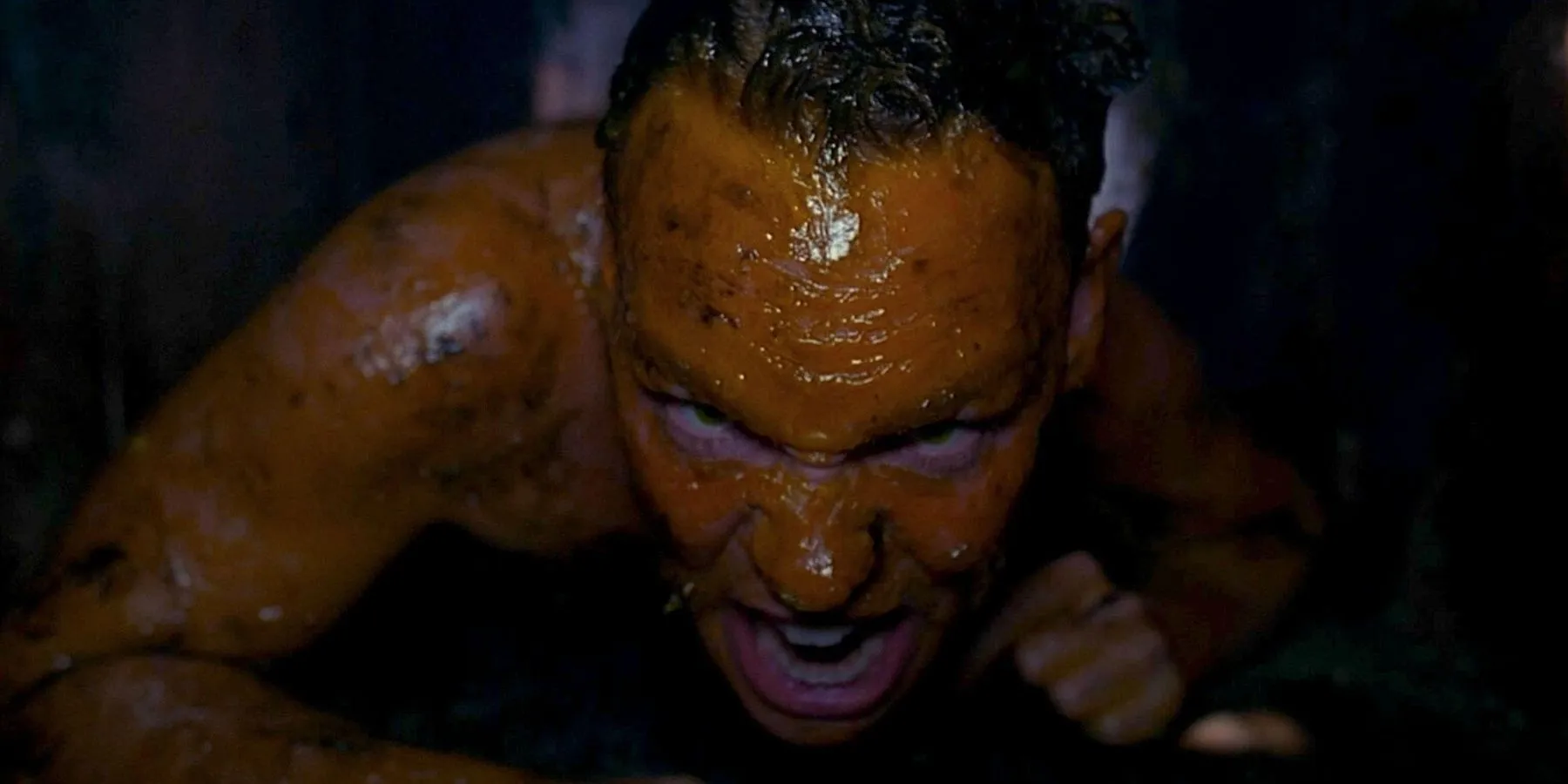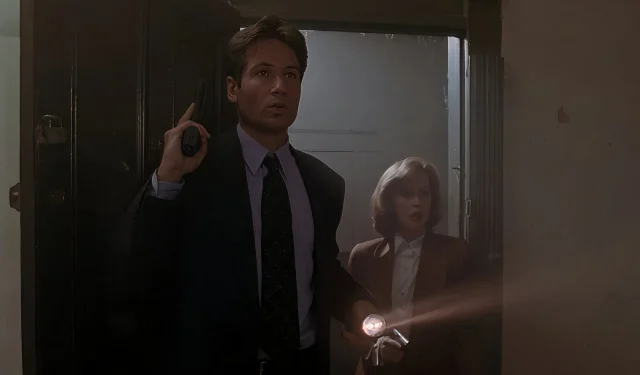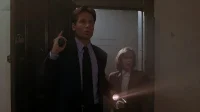Director Ryan Coogler has announced an exciting new project: a reboot of the beloved 90s sci-fi series, The X-Files. This fresh interpretation opens up a unique opportunity to pivot away from the series’ previous focus on alien conspiracies, and instead, delve deeper into the horror elements that characterized the early seasons. The original series is fondly remembered for its “monster-of-the-week”episodes, where standalone stories shone and provided thrilling, spine-chilling experiences.
In a recent interview on the Last Podcast on the Left, Coogler, whose film Sinners is currently enjoying box office success, expressed his enthusiasm for revisiting The X-Files. He hopes to bring back actress Gillian Anderson, who is widely recognized for her iconic role as Dana Scully. “I’ve been excited about that for a long time, and I’m fired up to get back to it. Some of those episodes, if we do our jobs correctly, will be really f***ing scary,”Coogler noted, hinting at his intent to inject a new level of fear into the series.
Coogler’s Approach to Filmmaking: Prioritizing Atmosphere and Psychological Tension

Coogler’s track record in crafting deeply atmospheric stories underlines his capability to create unsettling cinematic experiences. His skillful manipulation of lighting, sound, and pacing elevates the emotional engagement of viewers, invoking a sense of dread that lingers well after the credits roll.
This expertise is crucial for developing authentic existential horror, enabling the story to resonate with audiences on a psychological level. For instance, Coogler might combine the unsettling ambiance of a film like Hereditary with themes involving government conspiracies—heightening the fear surrounding the potential collusion of those in power with dark, unexplainable forces.
Modern Horrors: A Fresh Perspective on The X-Files

The original series was known for weaving together real historical fears, such as Cold War paranoia and the UFO abduction phenomenon. As we advance into the 21st century, new societal fears are ripe for exploration, offering a rich canvas for Coogler’s storytelling. For example, he could create chilling narratives centered around the rise of artificial intelligence, which has transitioned from a speculative threat to an everyday reality in our lives.
Additionally, the potential for misuse of disinformation presents another avenue for terror. Coogler could explore themes of manipulation, where individuals commit horrific acts driven by fear and misinformation spread through modern communication. Not every threat stems from something supernatural; often, the most alarming horrors come from seemingly ordinary people.
Reviving the Beloved “Monster-of-the-Week”Format

Throughout its run, the original X-Files series excelled in its “monster-of-the-week”approach, featuring episodes that provided thrills and chills without advancing the overarching conspiracy storyline. Unfortunately, as the series progressed, many of these episodes lost their horrific edge, veering into comedic or procedural territory.
Coogler’s reboot could usher in a revival of this beloved format, bringing forth standalone episodes that feel reminiscent of an A24 short film. Imagine a narrative set in a biotech facility centered around body horror or exploring digital demons lurking in the cloud. This return to episodic storytelling could restore the series’ hallmark sense of horror before its narrative became overly consumed by complex mythos.
In conclusion, Ryan Coogler holds the key to reinvigorating The X-Files while retaining a sense of familiarity that long-time fans will appreciate. By returning to the “monster-of-the-week”format and infusing it with his signature atmospheric tension, Coogler has the potential to breathe new life into a franchise in need of rejuvenation.


